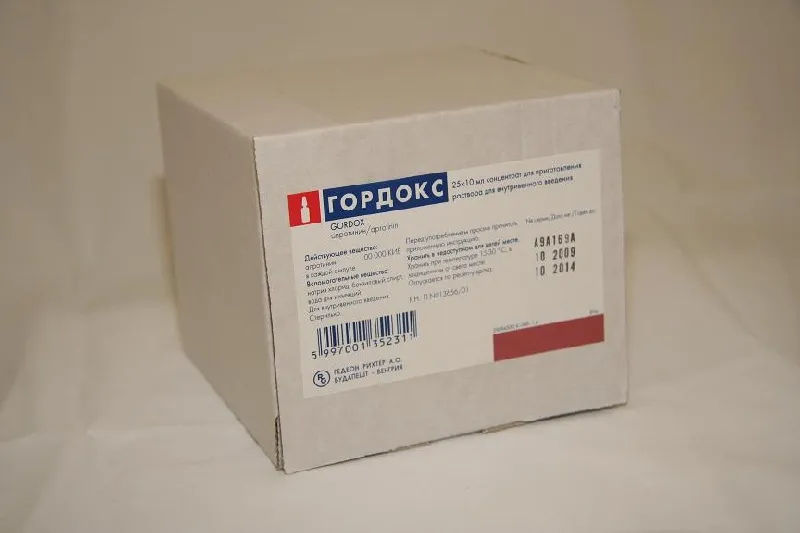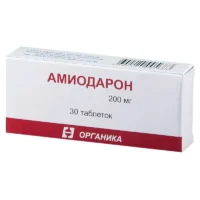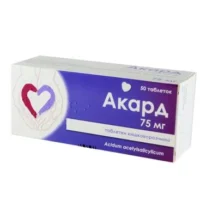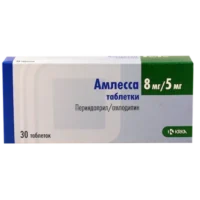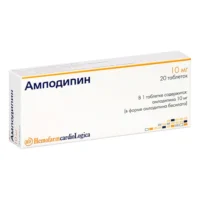Description
Gordox Solution for Injections 100000 Ampoules 10 ml. №25
Ingredients:
Gordox solution for injections contains the active ingredient gordox in a concentration of 100,000 units per 10 ml ampoule. Other inactive ingredients include sodium chloride, water for injection, and hydrochloric acid for pH adjustment.
Mechanism of Action:
Gordox exerts its pharmacological effects by inhibiting bacterial cell wall synthesis, leading to bacterial cell death. This mechanism of action makes it effective against a wide range of susceptible bacteria.
Pharmacological Properties:
Gordox demonstrates potent antibacterial activity against susceptible pathogens. It is a bactericidal agent that acts by disrupting bacterial cell wall integrity, resulting in the eradication of the infecting organisms.
Indications for Use:
Gordox solution for injections is indicated for the treatment of severe infections caused by susceptible bacteria. Common indications include sepsis, pneumonia, and other serious bacterial infections where gordox has shown efficacy.
Contraindications:
Do not use Gordox solution for injections if you have a known allergy to gordox or any of the inactive ingredients. It is contraindicated in patients with a history of severe hypersensitivity reactions to similar antibiotics.
Side Effects:
Common side effects of Gordox solution for injections may include nausea, vomiting, diarrhea, and hypersensitivity reactions. Serious adverse effects such as anaphylaxis are rare but can occur in susceptible individuals.
Usage Instructions:
The recommended dosage of Gordox solution for injections should be determined by a healthcare provider based on the patient’s condition, age, and weight. It is typically administered intravenously at a rate set by the healthcare professional.
Benefits Compared to Analogues:
Gordox offers the advantage of potent antibacterial activity coupled with a well-established safety profile. Its efficacy in treating severe infections, especially in critically ill patients, sets it apart from other antibiotics.
Suitable Patient Groups:
Gordox solution for injections is suitable for use in both adult and pediatric populations. Dosing adjustments may be necessary in elderly patients or those with impaired renal function to ensure optimal therapeutic outcomes.
Storage Conditions and Shelf Life:
Store Gordox solution for injections as directed on the packaging label. Avoid exposure to excessive heat or light. Check the expiration date and do not use the product beyond the stated shelf life.
Packaging Description:
Gordox solution for injections is available in 10 ml ampoules, with each box containing 25 ampoules. The packaging is designed to maintain product integrity and sterility until the time of use.
Scientific Evidence:
Gordox, the active ingredient in Gordox solution for injections, has been extensively studied for its efficacy in treating severe bacterial infections. Clinical trials have demonstrated the effectiveness of gordox in reducing mortality rates and improving outcomes in patients with sepsis and other life-threatening infections.
Additional Information:
In addition to its antimicrobial properties, gordox has been shown to have immunomodulatory effects, helping to regulate the body’s immune response to infection. This dual mechanism of action makes Gordox solution for injections a valuable tool in the management of serious bacterial infections.

